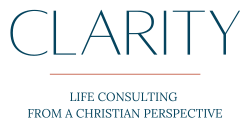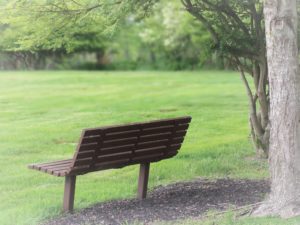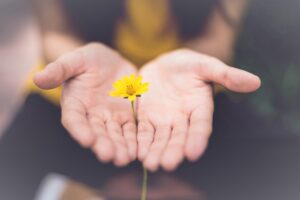Do you know anyone who isn’t tired? I can’t think of one person I know who is really happy with the amount of sleep they get. And yet, most of us find it really difficult to prioritize sleep.
The benefits of sleep are too important to ignore: it’s an opportunity for our brains and bodies to rest, heal, and actually regenerate. Sleep deprivation comes at the cost of memory and other neurological impairment, difficulty with emotional regulation, and physical decline. Without enough sleep, we have trouble making good decisions and even completing basic tasks.
Yet how many of us secretly relegate sleep to the “waste of time” category? We have so much to do, we can’t be bothered to just stop and sleep.
We’ve read all about sleep hygiene: turn off screens at least an hour before bed; don’t use your bed for other activities; establish a going-to-bed routine that you follow every night. Maybe we even try to do some of those things. But most of us don’t get enough sleep and end up relying on some combination of caffeine and willpower to get us through the day.
Enter: the nap.
Taking a nap can’t replace a regular pattern of good night’s sleep, but it does have the power to help us think more clearly, remember things better, and improve our self-control.
In fact, one study found that “a sixty- or ninety-minute nap provided the same kinds of cognitive improvements seen in people who had slept for eight hours.”
Pretty good, right?
In his book, Rest: Why You Get More Done When You Work Less, Alex Soojung-Kim Pang explores the science of what he calls “deliberate rest,” and the benefits it holds for us. One aspect of deliberate rest? Napping.
Taking a nap not only allows our bodies to rest, but offers our brains a chance to consolidate what we’ve learned and explore unconscious connections between ideas. Perhaps most importantly for most of us, though, napping can help improve our emotional well-being.
In short: if you want a better life, start by taking a nap.
If you’ve ever witnessed a tired toddler trying to do, well, anything, you’ve seen the dangers of sleep deprivation. Chronic fatigue and mental exhaustion leave us with less self-control and lower our ability to make decisions. One study found that these states of deprivation make people more likely to cheat impulsively on a test.
Another study, asking people to complete the “Frustration Tolerance Task,” found that those who had taken a nap prior to it “were less likely to give up than those who hadn’t napped, were less impulsive, and were better able to handle frustration.”
I’m willing to bet most of us would like to have a bit more self-control, act less out of frustration, and improve our ability to make thoughtful decisions.
But it turns out that taking a nap is actually a skill, both in execution and timing.
Depending on when we choose to nap, our bodies will enter different phases of sleep, each yielding unique benefits. A 20 minute nap 6 hours after waking, for example, offers a chance for mental recharge without leaving us groggy. But if we choose to nap for 1 hour, 7 hours after waking, we’ll have more slow-wave sleep, leaving us more physically rested but less mentally stimulated.
And while one study found that “people who napped lying down got more out of their naps than those who napped sitting up,” not all of us may have that luxury. This trick to falling asleep anywhere might come in handy for those stuck at a desk all day.
And when your boss accuses you of wasting time at work? Tell him that taking a nap was a tool employed by the likes of Winston Churchill, Thomas Edison, Edgar Allen Poe, and Salvador Dali. You’ll be in good company.






